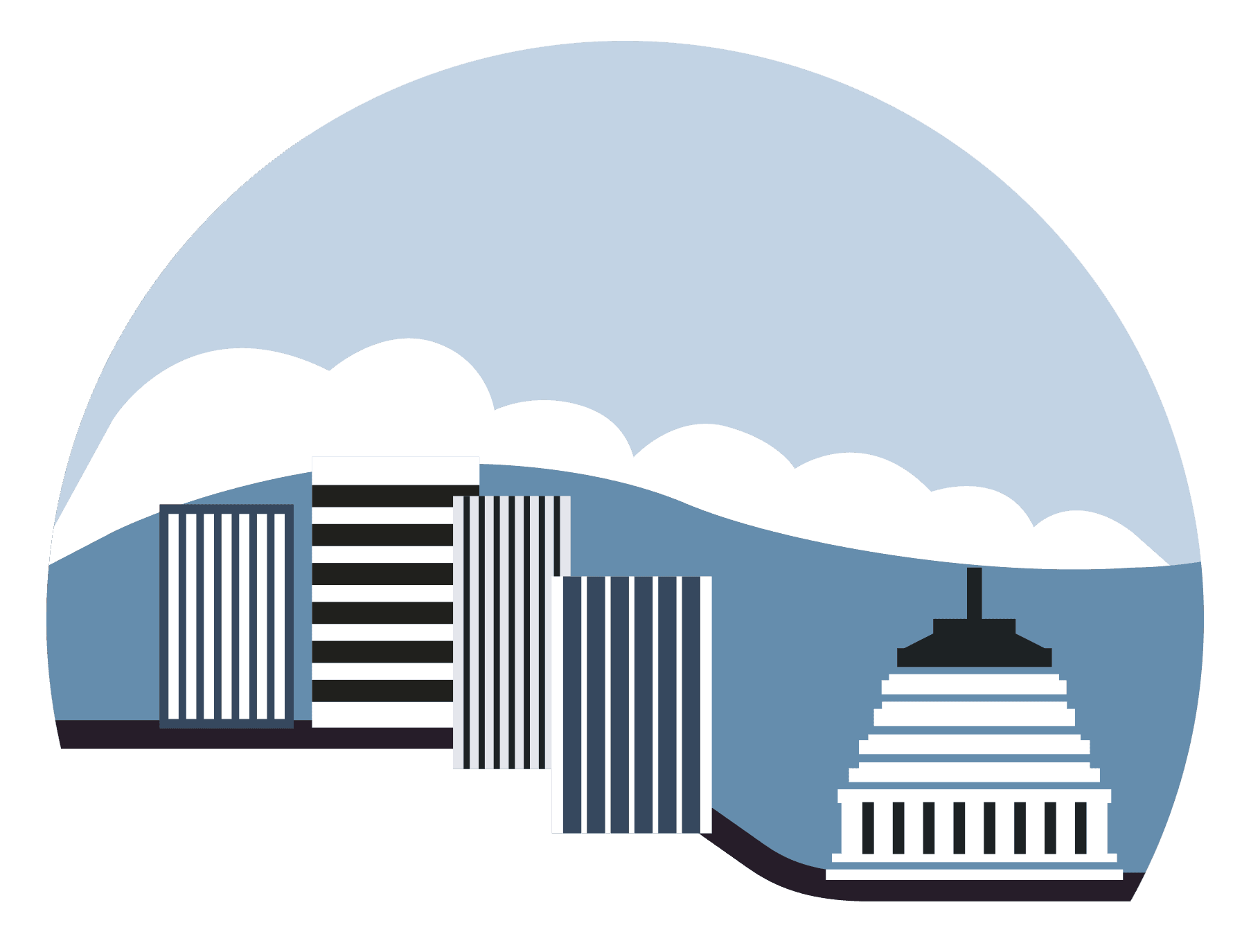SELF HELP
FREQUENTLY ASKED QUESTIONS
Fees
Nurse calls used to be free, why is there a fee for these now?
In late 2023 we introduced fees for requested nurse calls for the first time. Prior to this, we had a nurse available to take and return patient calls 8 hours a day/5 days a week at no charge.
We had this arrangement in place for many years, and we know our patients greatly appreciated this service. But the reasons for needing to introduce fees for requested nurse calls include:
The ever-increasing costs of running a GP clinic mean that providing nurse phone calls for free is no longer sustainable for us
GP clinics are chronically under-funded in Aotearoa NZ
Demand for nurse calls has been increasing more and more in recent years
Complexity of queries to nurses has been increasing
Our nurses are exercising their clinical knowledge and skills in responding to patient queries, and a fee acknowledges their mahi
Many queries to our phone nurses involve more time and work than just the time spent on the phone - e.g. liaising with GPs, making enquiries, writing up notes, sending lab orders, following up with patients, on so on
There are also many instances where one of our nurses will initiate a call with you to pass on a message from your doctor or to triage your cold/flu symptoms; these calls will not involve a fee unless you then ask the nurse for advice or information beyond what they have contacted you about.
We realise this is a big change from how we have previously run our nurse telehealth service, and we appreciate your understanding.
Need health advice without the fees?
There are a lot of free resources available to you. Depending on your query, try out some of the options below:
Check out our Self-Help page for downloadable resources, useful websites, and FAQs
Visit Healthify, a Royal New Zealand College of General Practitioners-endorsed website full of information on health and health conditions, medications, blood tests, health-related apps, and more
Call Healthline on 0800 611 116, the Disability Healthline on 0800 11 12 13, or the Vaccination Healthline on 0800 28 29 26 - all free!
Why are fees at The Terrace Medical Centre higher than at some other practices?
The primary reason: location. The Government provides various amounts of funding to GP practices depending on the demographics of the area in which that practice is located.
Because we are located in the CBD, the Government funding we receive is unfortunately affected by the assumed demographics of the patients we see.
In reality, our patients come from all over Te Upoko o Te Ika a Māui / Greater Wellington and beyond, and from all sorts of different socioeconomic backgrounds.
Additionally, CBD location = higher rent.
Why is a “double-appointment” so much more than the cost of two 15-minute appointments put together?
The fee you pay as an enrolled patient for a 15-minute GP appointment is the cost of that appointment (currently $131.50) minus the subsidy paid by the Government, the exact amount of which will vary depending on your age bracket. This is what brings it down to the funded rate that you pay for your appointments.
However, the Government only provides this subsidy for one standard GP appointment per patient per day. This means that we receive no funding for the second half of your double-appointment.
The fee for a double-appointment is therefore the cost of one funded 15 minute appointment + the cost of one non-funded 15 minute appointment.
Why am I paying the same for my virtual appointment with my doctor as I would for an in-person appointment?
A virtual appointment is booked in the same way and for the same amount of time as a standard in-person appointment. Your doctor will still assess you, read previous relevant clinical notes, provide clinical advice, write up notes after your appointment, potentially provide prescriptions and/or medical certificates, potentially review test results, etc., just as they would for an in-person appointment.
I have a Community Services Card (CSC), why isn’t my nurse appointment or prescription at a reduced rate?
We only receive funding for your CSC for standard 15-minute GP appointments. Unfortunately, we are unable to claim funding to subsidise your nurse appointments, repeat prescriptions, or other services.
We have over 300 patients with a CSC, so we are unable to provide services at a reduced fee without Government funding to supplement it.
I thought ACC appointments were free?
ACC subsidises GP services but it doesn’t fully cover them. Some other healthcare services are fully covered by ACC while others, like GP services, are only partially covered.
The benefit of paying for your ACC visit with your doctor is that this enables you to access further care from specialists with ACC cover.
You can read more about ACC’s payments for various types of treatments and services here >.
Why am I paying more for my ACC-related appointment than I usually would to see my GP?
As an enrolled patient your appointment will usually be subsidised by one of two funding streams: Government funding or ACC funding. If an ACC claim has been made for your appointment, then the Government funding does not apply.
ACC only contributes a limited amount towards your appointment fee. What you end up paying is our non-funded appointment fee minus the funding ACC has provided. Because ACC provides slightly less funding per appointment than the Government, your appointment fee ends up being slightly higher than usual.
My child is younger than 14 years, why am I paying for their repeat prescription/nurse appointment/medical certificate/ACC appointment?
The Ministry of Health provides the Zero Fees for Under 14s Scheme, which enables us to provide standard 15-minute GP appointments to all of our enrolled patients aged 13 years and under free of charge.
However, the funding we receive under the Zero Fees for Under 14s Scheme applies to standard GP appointments only.
We don’t receive any funding for other services we provide to your child; this is why the standard fee applies for other services.
Why do I have to pay so much for my x-ray or ultrasound?
Most radiology services (i.e. the people who provide x-rays and ultrasounds) are not fully funded in Wellington unless you go through the Emergency Department.
Even if you’re requiring an x-ray or ultrasound because of an accident or a concerning symptom, available funding generally only covers part of the cost so there will still be a fee for you.
You can speak with your doctor about whether your radiology appointment is likely to be partially-funded or not, or call the reception of the radiology provider you’re seeing to get more information on fees you should expect. Wellington radiology providers include Pacific Radiology, Wellington Imaging, Wellington Ultrasound, and Affinity Medical Imaging.
Repeat Prescriptions
Why can’t I get a prescription for more than 3 months?
For most medications 3 months is the maximum length of time your doctor is allowed to prescribe for. The only exception to this is oral contraceptives, which can be prescribed for up to 6 months, and Class B controlled drugs, which can only be prescribed for 1 month at a time.
I thought my doctor gave me a prescription for 3 months, so why did the pharmacy only give me 1 month of medication?
There are different rules for different medications. For some medications, the default is for the pharmacist to dispense the medication all in one lot; for other medications, the default is for the pharmacist to dispense the medication in 1 month lots. Pharmacists also may decide that it is best to dispense your medication in 1 month lots for a variety of reasons.
To get your next 1 month lot of medication, all you need to do is call your pharmacy and ask them to prepare your next repeat for you. Your medication box or container should state on the label how many repeats you have left. Once you have no repeats left, you will need to request another prescription from your doctor.
Will I have to pay for my medications at the pharmacy?
It depends. Funding for medications is determined by PHARMAC, and not all medications are fully funded—though the vast majority of medications your doctor prescribes will be. If a medication recommended for you or requested by you is not fully funded, your doctor will always try to advise you of this. You can contact your pharmacy to ask how much you will need to pay for it.
There is also a dispensing fee for most pharmacies. This is usually $5.00 per item.
My medication is going to run out soon, how do I get another prescription from my doctor?
You can request a repeat prescription from your doctor either by calling reception or by using the repeat prescription service on Well if you've registered.
Unless you request an urgent same-day prescription, your prescription will usually be sent to your selected pharmacy by 2PM the following working day. We are closed on weekends, so prescriptions requested on a Friday may not be issued until the following Monday. If there are any issues, or if you are due for a review, we will get in touch with you.
Your pharmacy may not prepare your medication immediately. They also might need to order your medication in, depending on what it is. It’s best to call them to check that they have received the prescription and to let them know when you would like to be able to collect it.
Why do I have to pay a fee every time I request a repeat prescription from my doctor?
Your doctor doesn’t simply click a button to issue a new prescription for you. For every request they must review your clinical notes and relevant test results and ensure that each individual medication you have requested is still relevant and appropriate for you to take, and also that the dosage is still relevant and appropriate. The repeat prescription fee is to cover the doctor and admin team’s time in providing your prescription.
Why have I been told I need to have a “review” before I can get my next prescription?
Your doctor can’t keep prescribing your medication indefinitely without ensuring it is still relevant and appropriate for you, and, depending on the medication, without doing certain tests or checks—e.g. a blood pressure check. Even if it’s a medication you’ve been on for years, your doctor will still need to see you for an appointment every now and then to check in on things.
We always recommend that you request your next prescription from your doctor a few weeks before you’re due to run out. This means that you have plenty of time to book in if the doctor needs to see you; it also means that you have a supply at hand in the event of an emergency.
Lab Tests
How do I get my lab tests done and will it cost me?
The Wellington region testing centres are called Awanui Labs. Your doctor or nurse will send your lab request form to Awanui Labs electronically, meaning you no longer need to take a paper copy with you, and you can visit any Awanui Lab during their opening hours to have your tests done. You don’t need an appointment.
You can find Te Whanganui-a-Tara | Wellington Awanui Lab locations here >.
If you are out of Wellington when you need to have your tests done, and the local testing centres are not Awanui Labs, we can email you a copy of your lab request form which you can then take in with you.
Most lab tests ordered by your doctor or nurse will be free to you. They will discuss it with you before ordering if a fee is expected to apply to a particular test.
Will you tell me once my results are in?
Usually we will only contact you about your lab tests if there is a result that needs to be discussed with your doctor or followed up on in some way. If all of your tests come back normal then we generally will not contact you.
However, you are always welcome to call our nurse line to check if your results are in.
Also, if you are registered for Well, then you can review your results online once your doctor has filed them. Talk to reception or visit our Contact Us page if you would like to register for Well.
I want to be tested for something but my doctor says it isn’t clinically indicated, can I have the test done anyway?
Possibly—but you will need to pay for it.
If you are eligible for funded healthcare in Aotearoa New Zealand then most tests ordered by your doctor will be funded by the Government and therefore free to you. But your doctor will only order funded tests for you if there is a clinical reason to do so.
If there is a specific test you would like to have done, you may need to order and pay for it yourself. You can do this by visiting My Tests. On this site you can search for a specific test or filter tests by health area, such as hormones, cholesterols and lipids, fertility and pregnancy, etc. The site will also provide you with information on test centre locations and on fees for the tests.
Referrals to Specialists
What does it mean if my doctor refers me through the public health system?
This means that your doctor has sent a referral to a public hospital for you to see a particular type of specialist there. If your referral is accepted then all of the care you receive at the hospital will be funded (free) for you, including surgery if your specialist recommends it.
Once your GP has sent your referral off, it will be triaged and you will be offered an appointment to see the specialist based on the urgency of your situation—or, if you don’t meet the criteria, your referral may be declined.
If your referral is accepted, you will generally see the specialist within 4 months. However, depending on demand and specialist availability, this wait time can end up being significantly longer.
Once you’ve seen your specialist, if you have agreed that you need surgery, you will go on another wait list and the date of your surgery will similarly be determined by urgency.
Can I be referred to any type of specialist through the public health system?
Not all types of medical specialist are available through the public system. Your doctor should be able to let you know if the type of specialist you need to see is available through the public system or not, or find out for you.
What does it mean if my doctor does a private referral for me?
This means your doctor has referred you to a specialist whose services either you or your insurance company are going to pay for. Some private health insurance policies will cover specialist appointments and surgeries; it all depends on the type of cover you pay for.
If you don’t have private health insurance, you can still request a private referral and pay for the services yourself.
Some of the advantages of a private referral include:
Generally seen by specialist faster than you would be via public health system
Able to see specialists that aren’t available via the public health system
Less criteria to meet in order to be seen by specialist
Why does my doctor need to see me before they can refer me?
Specialists need to know what they are seeing you for. This helps to determine whether they are the right specialist for you to be seeing, whether they can provide advice without you needing to see them, whether they need you to do particular tests beforehand, and how urgently they need to see you.
Your doctor can’t provide the appropriate amount of relevant information and detail for the specialist without having a consultation with you.
Do I need a referral to see any kind of healthcare professional other than my GP?
No. Some healthcare professionals, such as physiotherapists, podiatrists, and optometrists, don’t require a referral; you can simply call them up and make an appointment.
If you’re unsure if a particular healthcare professional is going to require a referral from your GP or not, you can call them and ask their admin/reception to let you know.
Still have a question?


